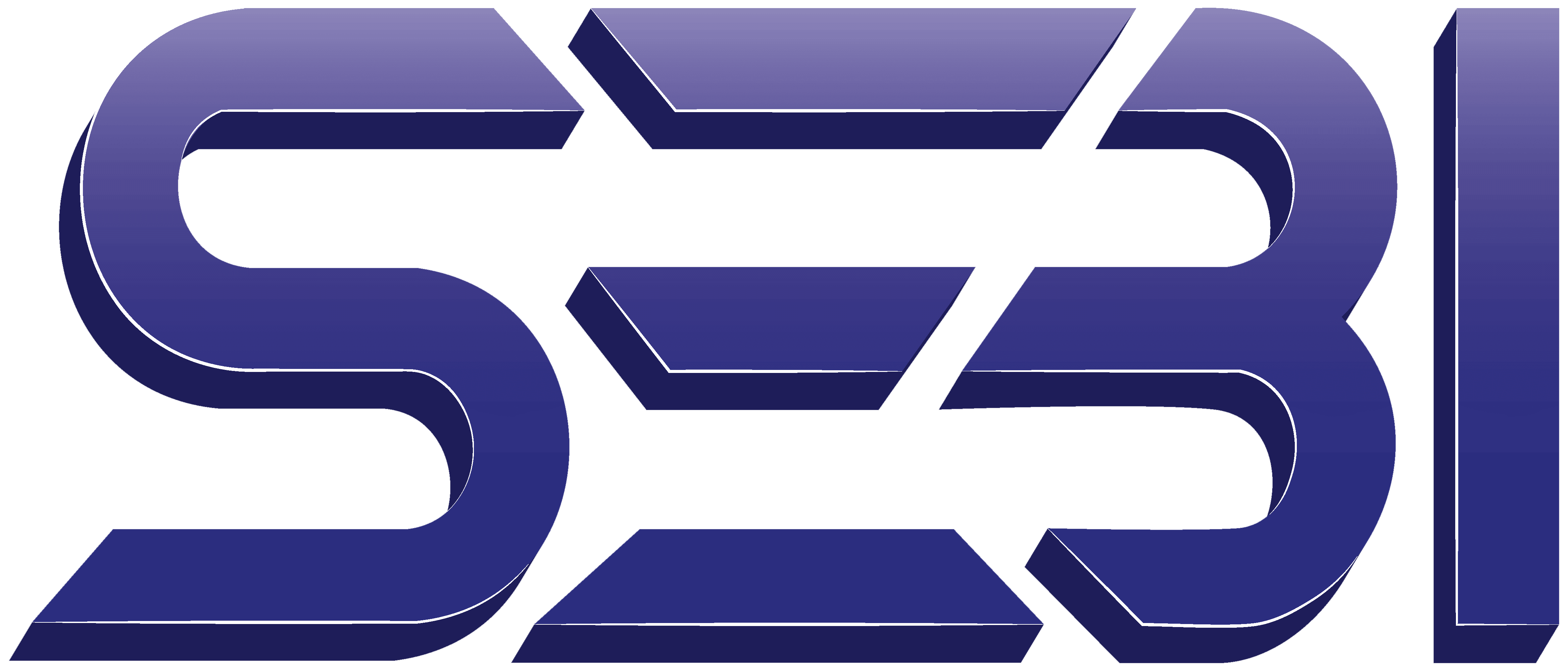Depositories
Promoting transparency, data integrity and trust in Indian markets
- Home
- Depositories
India, one of the oldest securities markets in the world started moving to electronic anonymous order matching exchange platforms, with dematerialization of securities and shorter rolling settlement cycles in the 1990s. This journey of modernization has been breathtaking with constant reforms towards adoption of technology, transparency, reduction on systemic risk, investor awareness & protection, ease of doing business for all market participants and last but not the least a very robust market infrastructure that inspires trust.
From physical certificates and transfer deeds, settlement cycles running into weeks, high percentage of settlement failures and dispute; fast forward to today, and India has rapidly evolved to the T+1 settlement cycle (with T+0 cycle as an option) with guaranteed settlement and adoption of gold standard risk management practices. The rapid evolution and continued endeavour by all market participants & market infrastructure institutions under stewardship of SEBI to further raise the benchmark makes India arguably one of the most evolved and dynamic capital markets in the world.
Depositories are a key constituent of India’s market infrastructure and offer a secure and efficient system for safekeeping as well as recordkeeping of beneficial ownership of all types of securities in electronic form. India has a segregated account structure with approximately 200 million safekeeping accounts as of July 2025 maintained with the depositories. Depositories play in promoting transparency, data integrity and trust in Indian market
The Depositories Act, enacted in 1996, paved the way for the commencement of depository operations in India, enabling secure safekeeping, efficient transfer of securities and corporate actions in electronic form.
Depositories are classified as Market Infrastructure Institutions (MIIs) and are integral to the capital market ecosystem. They work in close coordination with exchanges, clearing corporations and issuers for activities in both primary and secondary markets.
Depositories offer services to investors via Depository Participants. Intermediaries that are eligible to become depository participants are specified under SEBI (Depositories and Participants) Regulations which includes Banks, Custodians, Financial Institutions, Stockbrokers, Non-Banking Financial Companies and Registrar & Transfer Agents.
In India, the Depository space is a unique duopoly. This significantly shapes the market structure and dynamics making India one of the least expensive markets from depository charges perspective.
| CDSL | NSDL | |
|---|---|---|
| Depositories in India | Click to Explore | Click to Explore |
- Safekeeping of Securities: Securities are held in electronic form, reducing risks and ensuring secure custody.
- Efficient Settlement: Depositories play a key role in the settlement of both on market as well as off market trades.
- Transparency and Security: Maintain a transparent record of ownership, boosting investor confidence and market integrity. Elimination of risks associated with physical certificates such as bad delivery, fake securities, delays, thefts, etc.
- Corporate Actions: Execute non-monetary corporate actions
- Regulatory Compliance: Depositories are also first line regulators and have a key role to play in supervisory oversight and surveillance.
- FPI Portal: Depositories also host platform through which applicants can seek registration from SEBI as Foreign Portfolio Investors.
- Foreign Investment Monitoring: Monitoring of the sector-specific limits on foreign shareholding and disseminating the list of companies under 'red flag' and 'breach list'
